
Physician-assisted suicide is now legal in 11 jurisdictions in the US. To this, several clinicians say: “We must care for the dying, not make them dead.” Learn more in our June cover story.

Dr Geppert is a professor in the Department of Psychiatry and Internal Medicine and director of ethics education at the University of New Mexico School of Medicine in Albuquerque. She is senior ethicist, Veterans Administration National Center for Ethics in Health Care, and an adjunct professor of bioethics at the Alden March Bioethics Institute of Albany Medical College. She serves as the ethics editor for Psychiatric Times.

Physician-assisted suicide is now legal in 11 jurisdictions in the US. To this, several clinicians say: “We must care for the dying, not make them dead.” Learn more in our June cover story.
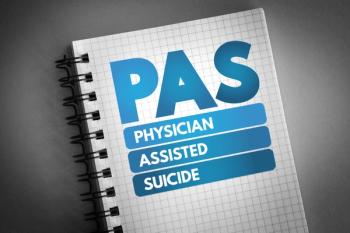
How a radical proposal from California and 3 cases of anorexia nervosa from Colorado exemplify the "slippery slope" of physician-assisted suicide.

March is Ethics Awareness Month. How does this time apply to psychiatry? What ethical quandaries do you face in your practice?

Does anorexia nervosa constitute an illness worthy of physician-assisted suicide? These authors think not.

However we may define autonomy, it is but one factor in judging the ethics of assisted suicide.

March is National Ethics Awareness Month!

In this CME, review the clinical, legal, and ethical aspects of the civil commitment for substance use disorders.

Revisiting the earliest moral therapists and the potential for community in empowering recovery.

In cases of assisted suicide, do patients really have rational autonomy?

Should psychiatrists help patients end their own lives, even if it is technically legal?

How can mental health professionals promote a true community of immunity?

Leaders are struggling to justly distribute the coveted vaccine, as their are many vexing ethical issues surrounding COVID-19.

Clinicians may need to consider what happens to religiously oriented people when things go badly, despite their faith and prayer.

Dr Cynthia Geppert invites listeners to have the courage to use their imagination to rebuild a better and kinder world

The current Tree of Medicine is rooted in its Hippocratic soil. There are moral absolutes that our profession should stand up for, in spite of legislative or popular pressure, say the authors.

Physician-assisted suicide violates the norms of Hippocratic medical ethics. Involuntary hospitalization to prevent suicide affirms those norms, according to the authors.

These thumbnail sketches of the articles in this Special Report produce an impressionistic sketch of the meaning of the word complicated in psychiatric practice.

The authors discuss two fundamental misconceptions: the myth of the patient’s autonomy, and the myth of the incurability of the patient’s illness.
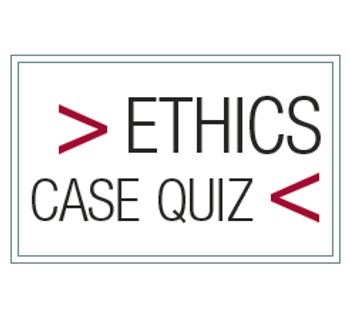
If you were the consultant, what issues might you raise in the cases discussed here?

Some of the thorniest ethical dilemmas in psychiatry evolve around food: forced feeding in anorexia nervosa, artificial nutrition and hydration at the end of life, and the covert administration of psychotropic medications
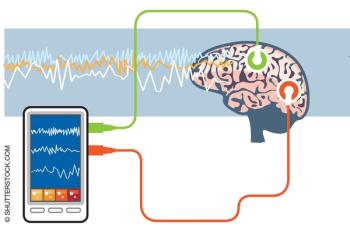
There is a growing trend for patients to obtain and use tDCS devices without the interposition of a psychiatrist filling the traditional medical-legal role of learned intermediary. The authors explore various issues.

When, if ever, is it ethical to administer a medication to a patient-even an incapacitated one-without his knowledge? Read the case, and weigh in.
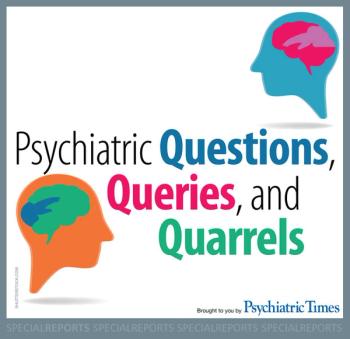
In psychiatry, hot debates abound if you just look around-and if this Special Report collection is any indication, the result is a balance of opinion and civility made richer by virtue of opposing views.

An overview of the DSM diagnostic system, the medicalization of normal variants of human behavior, and physician-assisted suicide.

This special report on controversies in psychiatry examines the pros and cons of assisted outpatient treatment and also antidepressant use in pregnancy.

How would you handle information about a patient obtained from an Internet search? Take the quiz.

“Googling” a patient does not seem much different from the old-fashioned obtaining of collateral information, but the ramifications may be far more than you bargain for.
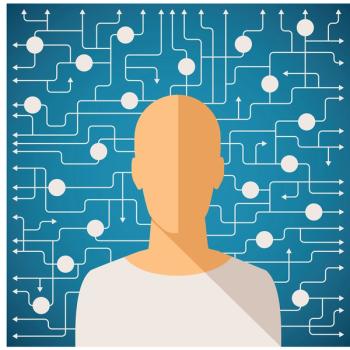
The authors parse myths and facts about decisional capacity, with the goal of preserving patients' dignity and autonomy and helping you mediate conflicts, meet bioethical challenges, and provide compassionate resolutions.
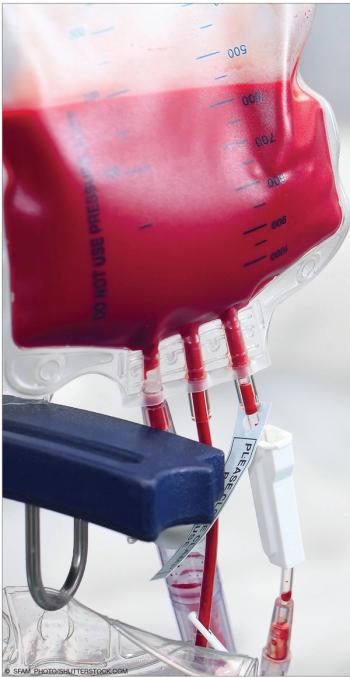
Does this patient have decision making capacity to refuse a blood transfusion that will likely save his life? You are the ethics consultant, and the decision is yours.

Ethics case quiz: A patient's inconsistent decisions regarding treatment are cause for concern. What to do?

Published: May 10th 2021 | Updated:

Published: June 23rd 2020 | Updated:

Published: July 8th 2021 | Updated:

Published: March 1st 2024 | Updated:

Published: October 27th 2021 | Updated:

Published: June 6th 2024 | Updated: